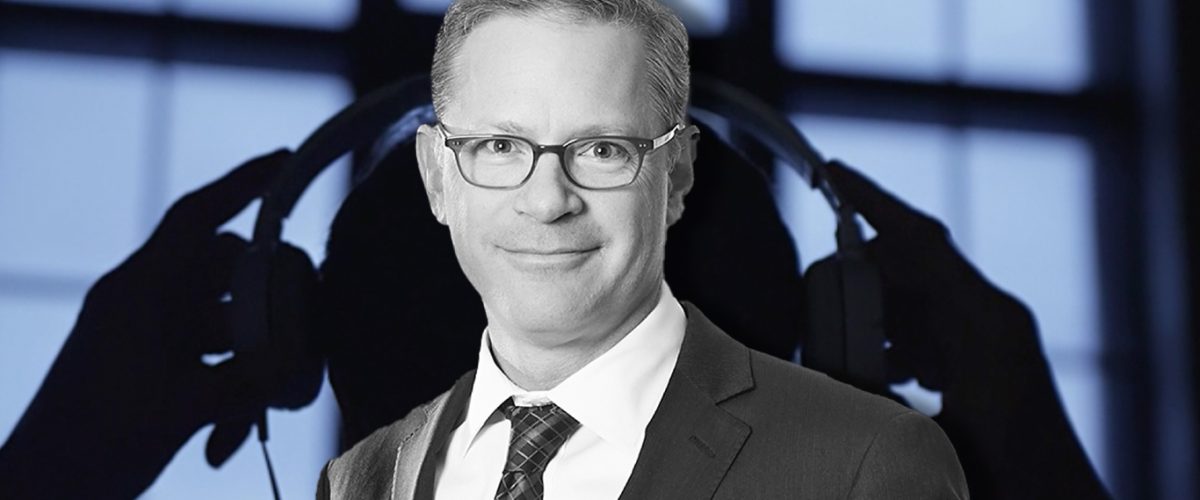Listening, a building block of our client experiencex
Partner Greg Pryor explains what the client experience means to him.
According to New York Partner Greg Pryor, creating a client experience that sets us apart from our competitors requires listening, backed up by clear and consistent action.
He says: “Asking clients what they think of our client experience engenders the feeling that we’re prioritizing them and shows that we care about them as clients and individuals.
“I think that is vital to delivering an experience that sets us apart. The legal matters we work on are often critical to our clients’ businesses and careers, so they need to know we understand them, have got their backs, and will help them through.
“It’s about knowing clients well enough to offer an informed point of view, so we help them see around corners and anticipate their needs before they even know what they need.”
Greg admits to being skeptical about formal client feedback initiatives, but his early work leading our Voice of the Client initiative quickly changed his mind.
“I thought ‘when I get asked to complete a customer survey, I never want to do it’,” he says. “So, would our clients really want to spend their precious time providing feedback? Well, I can assure you that my initial cynicism was unfounded.
“I’ve learned that clients absolutely want us to ask for their feedback. Most of us have strong relationships with our clients, but my work on the Voice of the Client program has taught me the value of adding a formal feedback mechanism.”
Launched as a pilot program in March by our CX Taskforce, Voice of the Client is a client feedback program aimed at ensuring we continuously listen to our clients, understand what they value, and take action to deliver meaningful change.
The initiative aims to add coordination and measurement to previously inconsistent practices.
Greg explains: “We know there are many people across the Firm who do a great job of listening to and acting on client feedback, but we want to better ensure those best practices are understood and implemented more consistently.
“As well as helping us take bespoke action to meet the individual needs of clients, it will help us build a database of client feedback that we can easily analyze to spot trends and areas where practice-wide or Firm-wide improvements could be made.”
Feedback from both clients and lawyers has been highly positive.
Greg says: “It was really encouraging to see how genuinely excited those who participated are with the results.
“While we expected our clients to tell us what was working well and what wasn’t, we hadn’t anticipated them wanting to work in partnership to action some of their suggestions.
“In some cases, this included an eagerness to mutually create more opportunities for junior members of both teams to get together and network.
“Some also advised us to stay in touch after a matter closes to keep them engaged, so we’re front and center when they need help in future.”
Following the initial pilot, the plan is to roll the concept out further and, ultimately, for the Firm to build a powerful database of client feedback.
Greg says: “The plan is that, as we increase the number of clients involved, we’ll begin to see more meaningful trends in the data, adding more value and helping us to identify potential practice-wide or Firm-wide action points.
“We’d like to see a formal feedback mechanism become embedded in our culture as business as usual, for instance with regional section heads or practice leaders incorporating analysis of the findings in their business plans.
“Having a consistent and rigorous system for listening to our clients, gathering feedback and using those insights to take action is something that can set us apart from our competitors, because it’s not something the legal industry traditionally does well.”
This must be coupled with action though.
Greg concludes: “Asking for feedback is one thing but while our clients have shown they are enthusiastic about getting involved, they’ll only continue to be if we act on what they tell us. That’s going to be critical as we move from trialing this concept to full rollout.
“There is so much we can learn from them, but it’s what we do as a result of that feedback that will really set us apart.”





